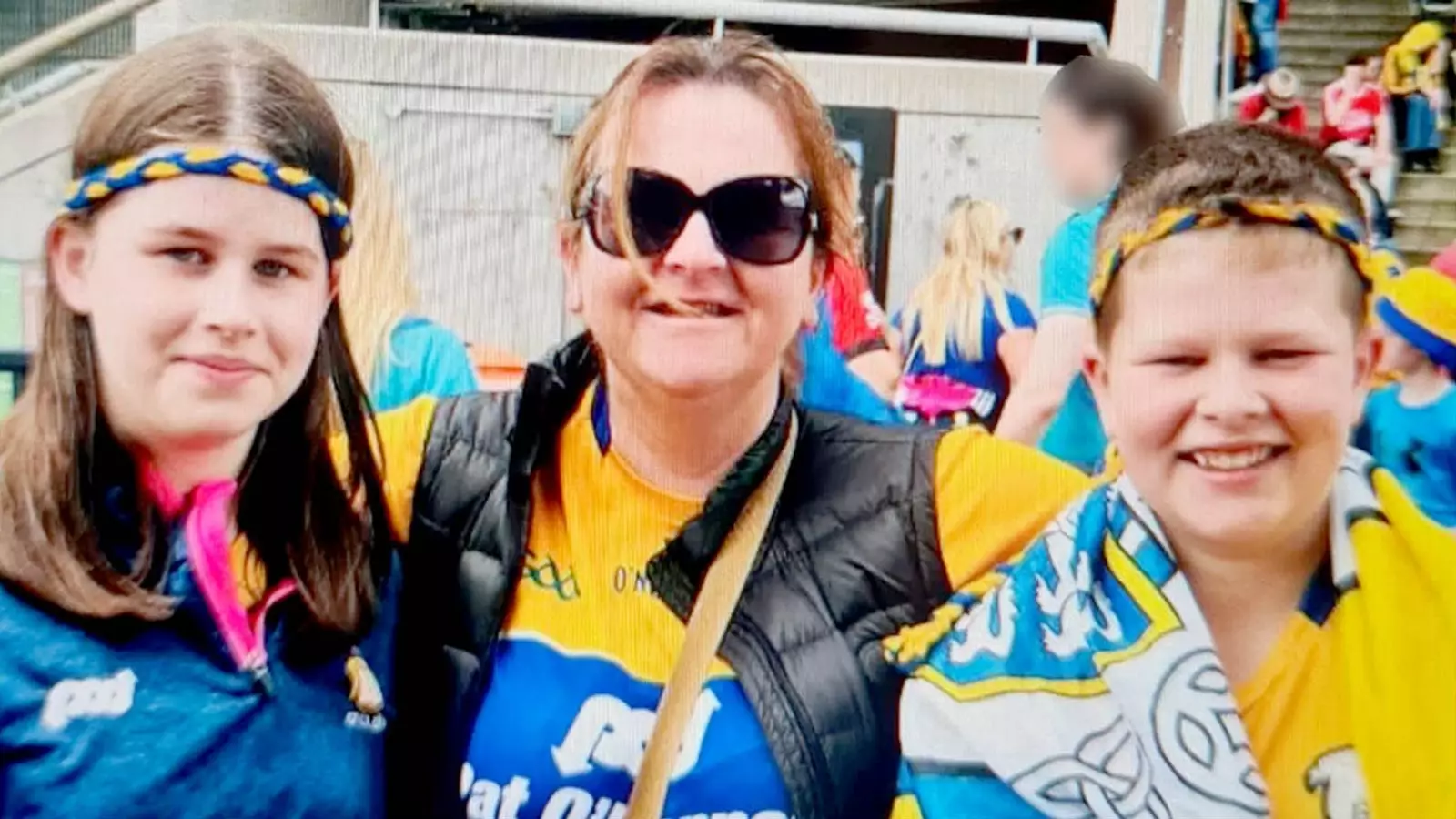The recent gunfire in County Fermanagh has left a community devastated, exposing the vulnerabilities that lurk beneath the surface of peaceful rural life. When we hear about a woman and her children losing their lives in such a heinous manner, the initial reflex is condemnation. But a deeper examination reveals more than just tragedy; it uncovers systemic flaws and societal neglect that often go unnoticed. The scene at Drummeer Road wasn’t just a family’s home turned crime scene—it was an alarm bell ringing about mental health crises, gun control inadequacies, and the failure of social support networks to protect those most vulnerable.
This event starkly illustrates how violence is often a symptom of a society that has failed to prioritize mental well-being and community cohesion. The fact that the police are probing whether this was a triple murder combined with an attempted suicide suggests an individual in extreme distress, possibly pushed to the edge by social isolation, economic hardship, or mental illness—which are rooted issues that demand serious attention, not just reactive policing.
Broken Connections: The Community’s Silent Suffering
What stands out painfully in this tragedy is the community’s profound sense of loss—both immediate and lingering. Sara and James Rutledge embodied the innocence and promise of youth, yet their lives were cut short in what should have been a safe haven. The local Gaelic football and cricket clubs, describing them as “beloved” and “talented,” highlight how vital communal and recreational spaces are in fostering healthy development. Their absence leaves a void that words cannot fill, but it also raises a crucial question: How did this family reach a point where violence became their tragic endpoint?
The silence among many, and the fleeting stories that reach the media, underscore the importance of sustained, community-based mental health initiatives. This tragedy wasn’t inevitable—its roots lie in the breakdown of societal support systems that should serve as buffers against despair. While police investigations rightly seek answers, an honest reflection must evaluate how much society does to care for its most isolated and hurting individuals. Are we, as a society, doing enough to detect and address the early signs of mental suffering before they escalate into irreversible acts of violence?
A Call for Reform: Addressing Underlying Societal Flaws
The response from political figures underscores the importance of leadership in moments of crisis. Statements of sympathy are necessary but insufficient. What the community and the nation need is a comprehensive recalibration of priorities—an urgent push for reforms that strengthen mental health services, tighten gun control, and foster social cohesion. The fact that police are encouraging witnesses to come forward about conversations with the victims signals that there may have been unnoticed cries for help—a tragic failure acknowledging just how deeply at risk some individuals are.
This event should serve as a wake-up call, emphasizing that violent incidents are rarely isolated; they are often amplified symptoms of broader societal neglect. Rural communities like Maguiresbridge are not immune to the systemic issues afflicting urban centers—poverty, mental health crises, social fragmentation—all conspire to produce these devastating outcomes. Addressing these issues requires a nuanced, compassionate approach that recognizes the humanity of every individual and the community’s collective responsibility to prevent such tragedies.
Towards a More Resilient Society
Reflecting on this tragedy through a center-left liberal lens, it becomes evident that meaningful change demands more than just fleeting condolences. It calls for policies that prioritize mental health, community engagement, and responsible gun legislation. No family should have to endure such unfathomable loss because society failed to create a safety net rooted in empathy and responsibility. It is time to challenge complacency, to invest sincerely in social infrastructure, and to recognize that safety and well-being are collective goods.
The pain inflicted on the Whyte and Rutledge families should motivate us not just to mourn but to reform—so that no other neighborhood has to tremble under the shadow of unimaginable violence. If we are serious about cultivating a society that values human life, we must listen to these tragedies as urgent signals for sustained, systemic change. Only then can we hope to build communities resilient enough to withstand the inevitable storms of life, instead of crumbling under their weight.


Leave a Reply